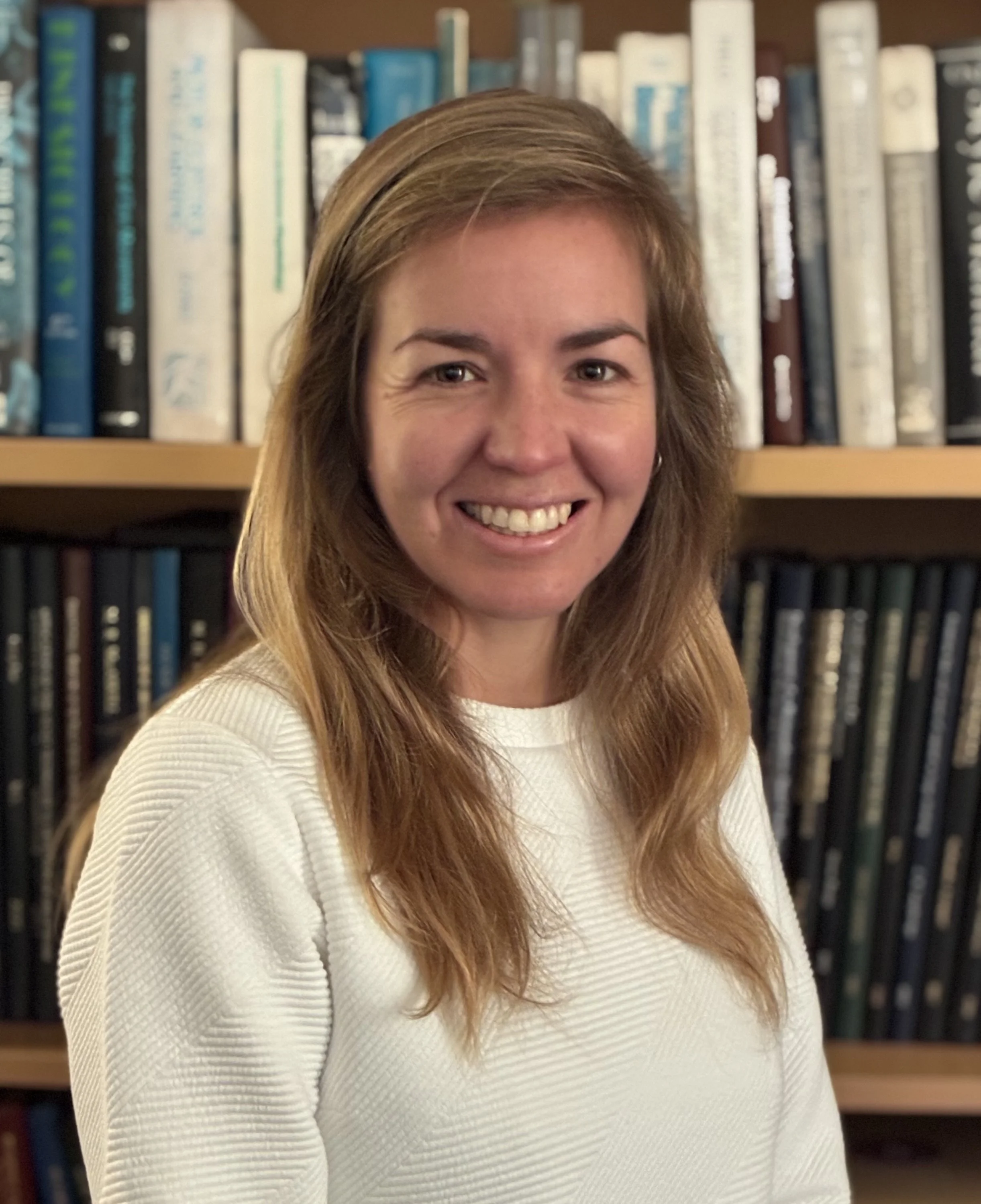FLAG Researcher Spotlight: Dr Lee-Anne Morris
Dr Lee-Anne Morris
“…clinical care should go hand-in-hand with research – we should always be striving to improve care and treatments, and research is the pathway to do this.”
Please could you introduce yourself, including your title and institution?
I am a post-doctoral research fellow at the University of Otago, Christchurch & the New Zealand Brain Research Institute, Christchurch.
What got you interested in Neuroscience?
I trained as a speech-language therapist in South Africa and worked for 8 years in an adult neurorehabilitation hospital, mostly with people who had suffered strokes or traumatic brain injuries. I loved being able to help people in a practical way, but also developed a passion for wanting to understand more about the altered behaviours I was seeing in neurological populations.
I went on to do a Masters in Clinical Neurology at the University of Sheffield, UK, and then a PhD at the University of Otago, Christchurch, investigating the brain mechanisms underlying apathy and impulsivity in people with Huntington’s and Parkinson’s disease.
When I was in the UK, a lecturer told us about the great gains made during the war in mapping out the human visual system, when British helmets did not yet cover the occipital lobe. Many soldiers suffered posterior head wounds (they later changed the helmet design to protect this part of the head) and the army doctors, replete with pencils and protractors, did this groundbreaking work. In a similar vein, studying breakdown in motivation and behaviour in neurological populations provides a window into how these processes normally work in the brain.
What got me interested in neuroscience? Definitely working with patients – seeing firsthand the effects and impact that neurological damage or disease can have. Our brains are so incredible – even something as ‘simple’ as making a cup of coffee involves the integration of many complex systems, exquisite coordination in time and space, and a host of higher order mental processes.
What are you currently working on? What has got you excited about your current research?
At the moment I am the research coordinator for the Canterbury Cognitive Disorders Research Clinic – a new study that we are running based at Christchurch Hospital. People with cognitive disorders, mostly younger-onset dementia, are seen at a weekly neurologist-led clinic, and we have started up a research arm of this clinic. The broad aim is to develop a well-characterised cohort of people with early onset dementia, who can then take part in individual research projects and relevant clinical trials, much like the NZP3 (Parkinson’s cohort at the NZBRI). Our first project from this clinic is investigating the cognitive processes that the medication donepezil works on, to improve motivation in some people.
Clinical research is really important. Research-active hospitals have better patient outcomes in general, and most patients find research participation meaningful, seeing it as a way of contributing to society and helping others in future. In my opinion, clinical care should go hand-in-hand with research – we should always be striving to improve care and treatments, and research is the pathway to do this.
What advice do you have for students and younger researchers in this space?
Go for it! There are so many unanswered questions about what causes brain diseases, how best to treat them, and how the brain works more generally. A generation of passionate scientists is needed to solve the brain health challenges we currently face. As JFK would have said if he were in brain research: ask not what your country can do for your brain health, ask what you can do for the brain health of your country.
If people want to contact you, how should they do so? Do you have any social media profiles people can follow?
You can email me at lee-anne.morris@otago.ac.nz. The team I am part of, and I are always happy to hear from prospective students and fellow researchers.
Interviewed by: Dr Sam Guy (AUT)

